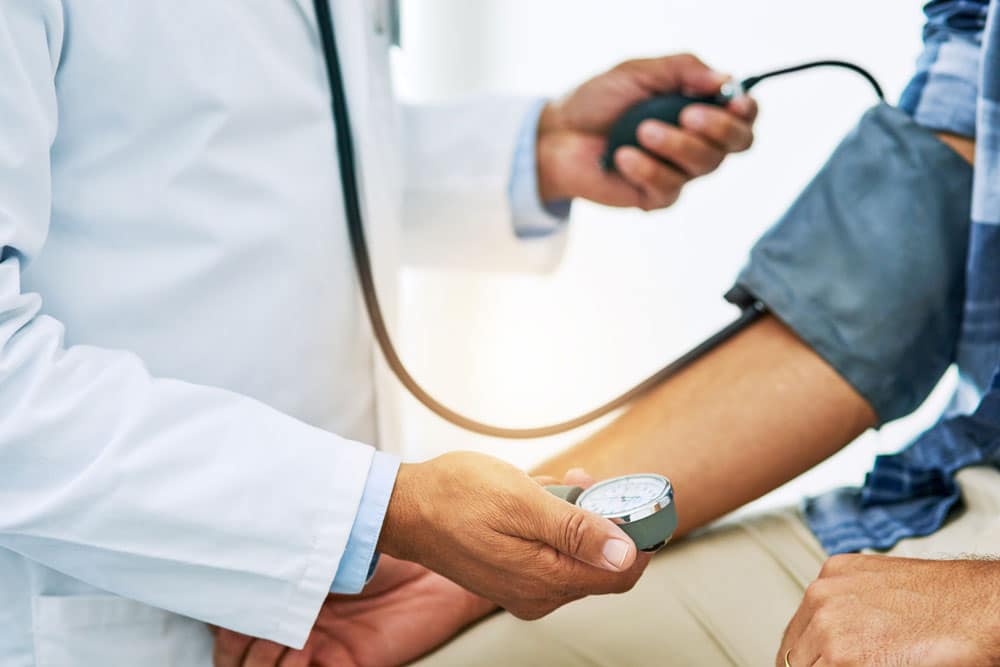Detox
Your body ridding itself of toxins from substance abuse
Is Detox Right for You?
A few key indicators may include:
- Length of your substance use
- Amount of your usage
- Relapse history
- Excessive sweating
- Anxiety and/or depression
- Shakiness
- Nausea
- Vomiting
- Insomnia
- Mood swings
- Onslaught of fatigue
- Muscle cramps
- Inability to concentrate or focus
Admissions
Our experienced, compassionate Admissions team is here to help 24 hours a day and will treat you with the dignity and respect you deserve. Let our specialists help you create a road map to get you where you want to go: a healthier, more balanced, fulfilling place in life. When you call, you’ll be led through a series of questions to determine if the Claudia Black Young Adult Center is the right fit for your needs, and how soon your treatment can begin.
If you are interested in treatment for yourself or a loved one, call or fill out our convenient Admissions form!
CONTACT OUR ADMISSIONS OFFICE
 866-957-4961
866-957-4961
OR COMPLETE AN ADMISSIONS CONTACT FORM
Click below to start the admissions process today

